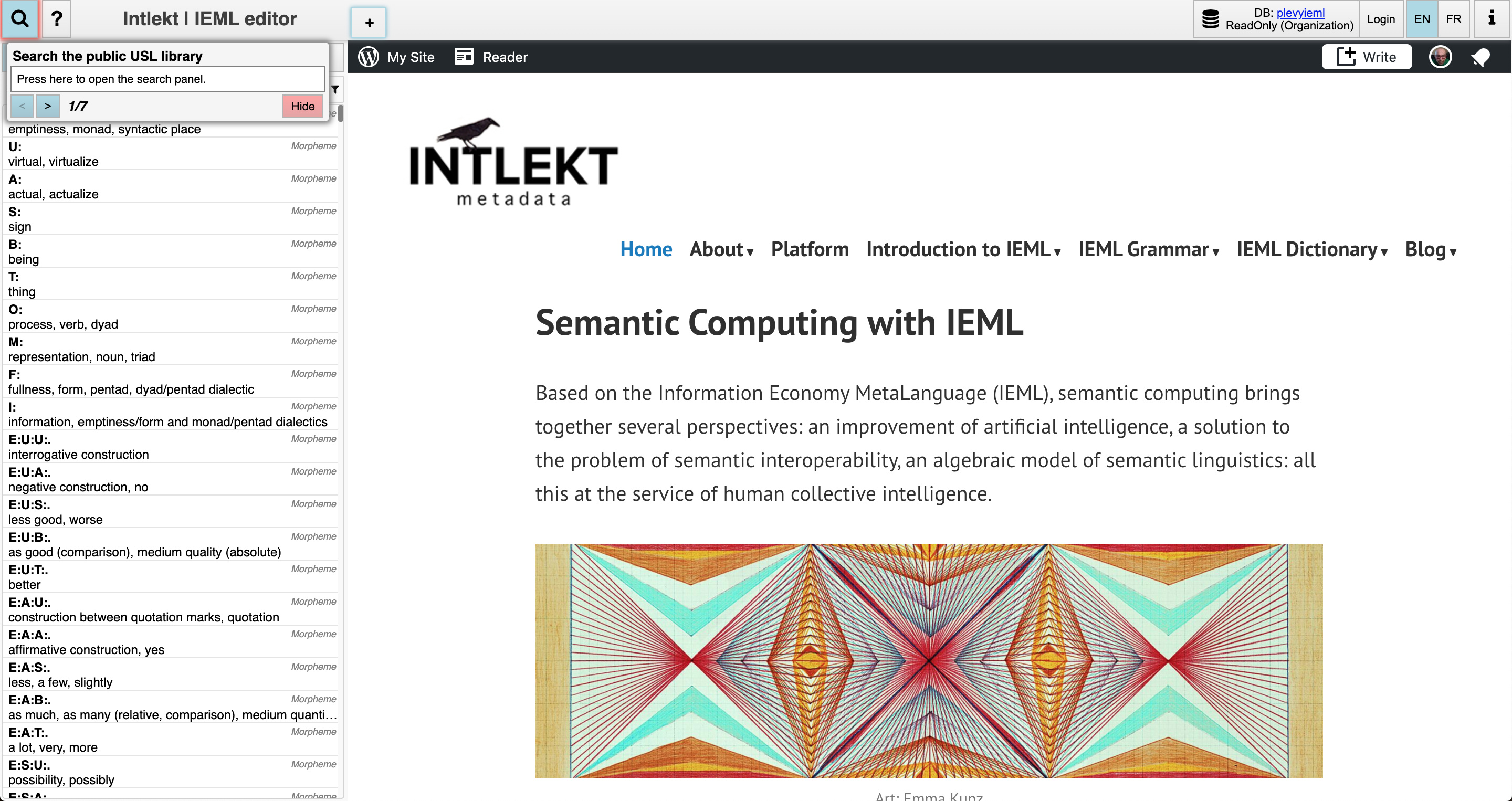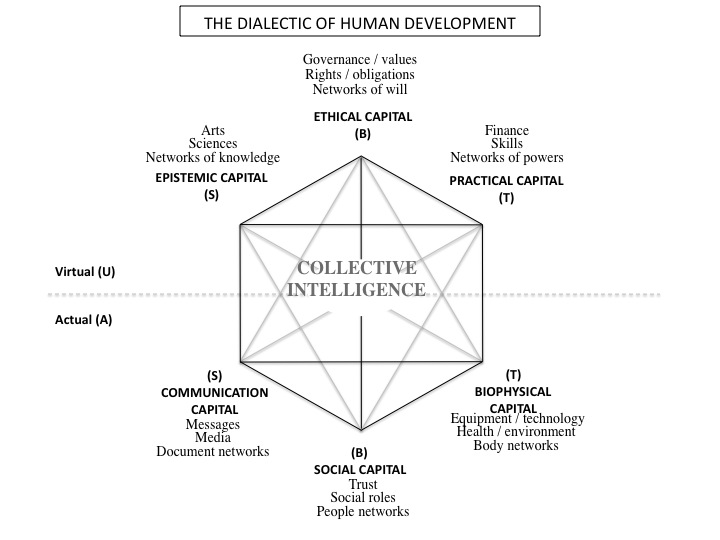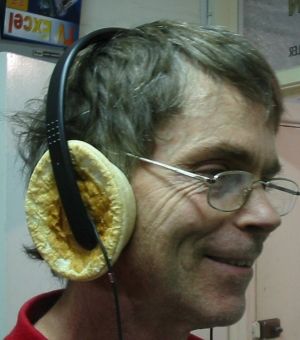This really is a placeholder post so anyone interested in the words and links and pictures posted and who is keen on building things leveraging these two future technologies can reply and say hi and, well, that’s all I know right now.
I’ve a multitude of ideas for projects however I’m more keen on building a community of interest and then perhaps bring those up when others want to do similar, rather than this be about me and my ideas lol.
I’m also keen to focus on building things and the discussion around building things, as opposed to any discussions around other things that aren’t to do with building things. If you know what I mean 
It seems Pierre funds development of the project through a number of ways, mostly consulting with organisations helping them to create their own dictionaries and exploiting the benefits of collective intelligence, so there’s definitely a marketplace for products and services around this, it would be good to explore ways of widening the reach beyond just those presumably high cost projects, although wouldn’t mind a few of those too lol  I digress… at the moment it’s purely just my interest in the possibilities of these technologies that makes me want to post this as I believe them to be potentially profound.
I digress… at the moment it’s purely just my interest in the possibilities of these technologies that makes me want to post this as I believe them to be potentially profound.
Last time I mentioned IEML, someone ended up joining the IEML contribution team, must check how they’re doing… anyway, here’s some links and pretty pictures:
I first discovered Pierre’s work in 2005 when I was browsing a second hand book shop in downtown Toronto and saw his book, now available for free online - it blew my mind! I’ve been an avid follower of his work ever since, he is around on twitter frequently and mentioned to me back in Jan they were working on a site for exploring IEML + Holochain integration.
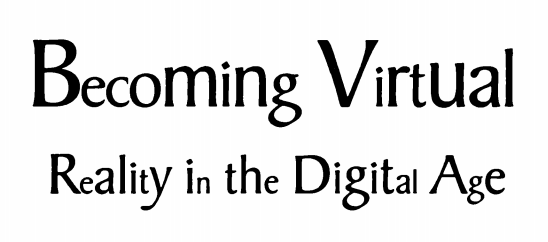
Pierre Lévy - “Becoming Virtual, Reality in the Digital Age” - 1998
Abstract:
Pierre Levy takes a fresh look at the whole idea of what is virtual. He’s responding to the widespread belief, and sometimes even panic, that a digital society with emphasis on virtual interactions is necessarily depersonalizing. He takes particular exception to the notion that “virtual” and “real” are opposites. Instead, Levy argues that virtuality is one of four modes of existence, the rest of which he describes as reality, possibility, and actuality. Each is defined in terms of its relationship with its environment. In following Levy’s world view, you may find that he interprets some or all of those terms in ways you’re not used to, but the result is an interesting new approach to what it means to be part of an increasingly digital world. He examines the virtualization of several elements our society: the corporal body, text, the economy, language, technology, contracts, intelligence, subjects, and objects. What he finds is not a destruction of the personal so much as a transformation. Virtualization adds to, but does not replace, the real, the possible, and the actual. By understanding what virtualization means and involves, Levy believes that society will gain a greater variety of options for interaction in all areas. Becoming Virtual is a serious philosophical work, dense with ideas.
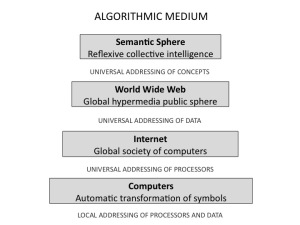
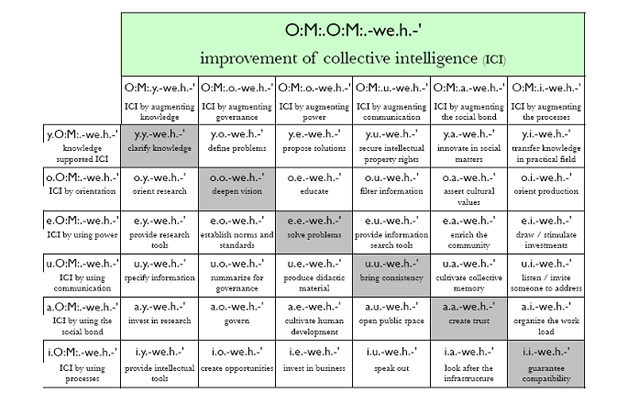
Online IEML Editor:
https://dev.intlekt.io/
